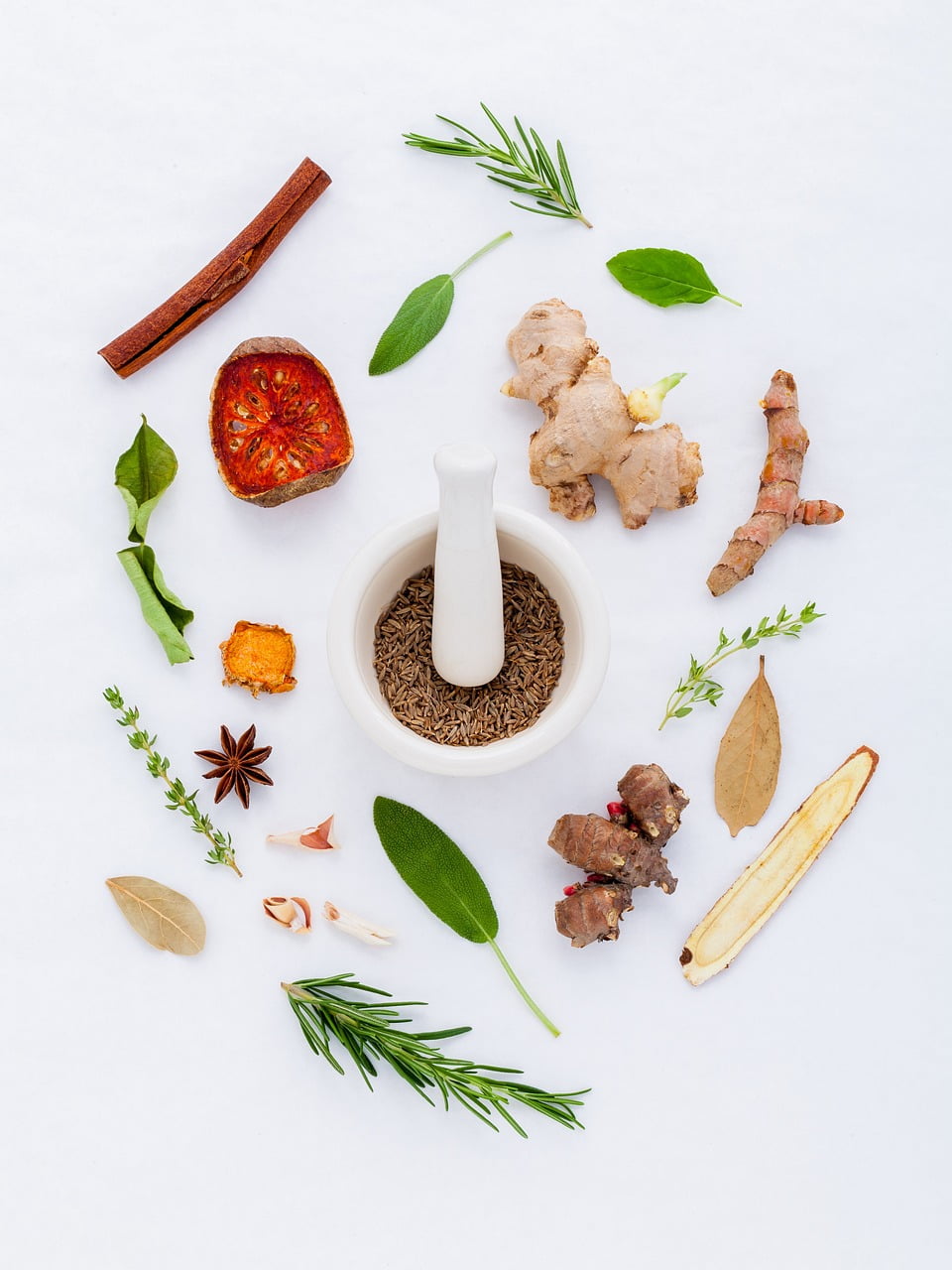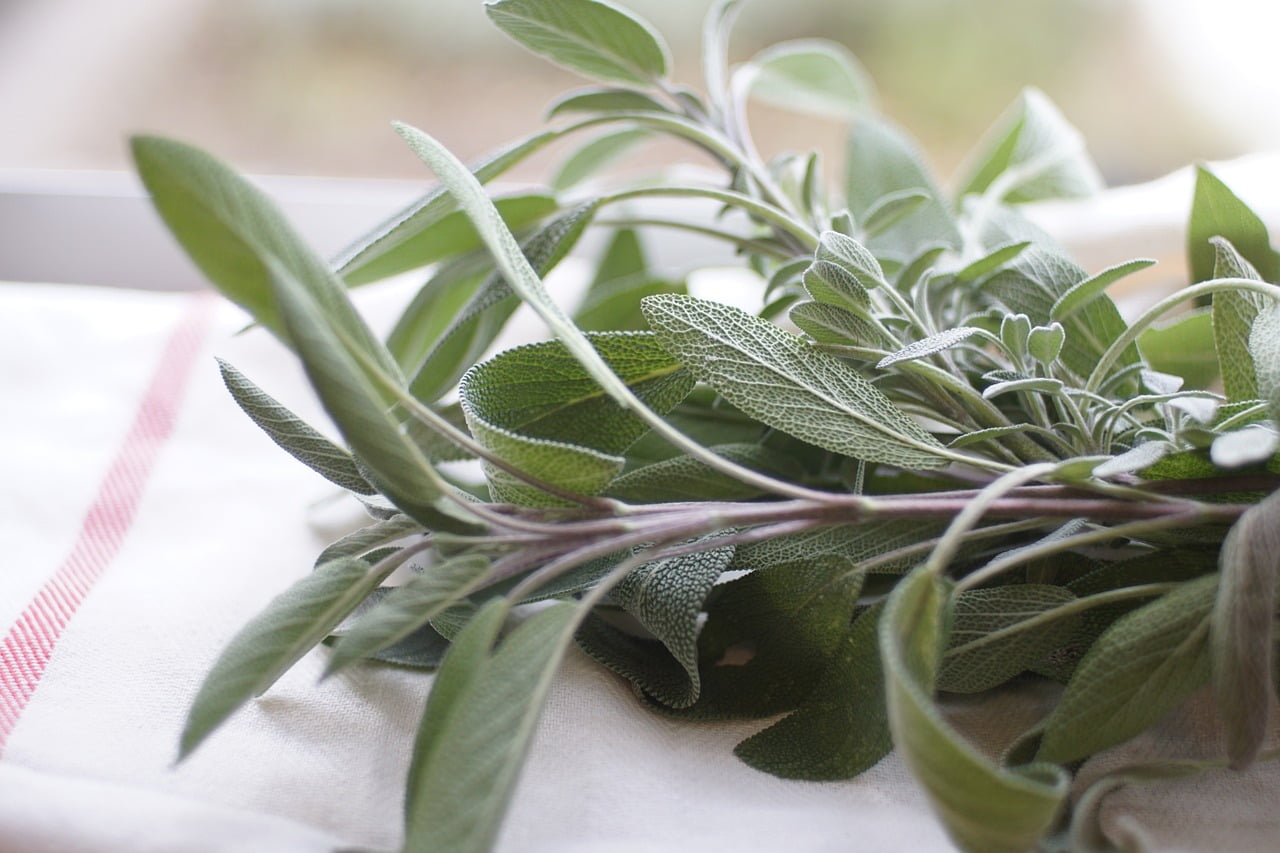Have you ever thought about incorporating fresh rooftop-grown herbs into your cooking? This article will provide you with tips and ideas on how to make the most out of those flavorful plants right outside your door. From simple seasoning to elaborate dishes, you’ll be amazed at the difference fresh herbs can make in your culinary creations. So roll up your sleeves, grab those scissors, and let’s get cooking with rooftop-grown herbs!
In this article, we will explore the benefits of rooftop herb gardening and how you can use these fresh herbs in your cooking. Let’s get started!
Why Choose Rooftop Herb Gardening?
Rooftop herb gardening is a fantastic way to incorporate fresh, organic herbs into your cooking. Not only does it offer the convenience of having herbs readily available right outside your door, but it also allows you to control the growing conditions to ensure the herbs are healthy and flavorful.
Benefits of Rooftop Herb Gardening
Growing herbs on your rooftop comes with a myriad of benefits. Here are just a few reasons why you should consider starting your own rooftop herb garden:
- Freshness: With herbs growing just a few steps away from your kitchen, you can enjoy the freshest, most flavorful herbs possible in your cooking.
- Organic: By growing your own herbs, you have full control over the growing process and can ensure that no harmful chemicals or pesticides are used.
- Convenience: No need to run to the store every time you need a sprig of basil or a handful of parsley – simply step out onto your rooftop and harvest what you need.
- Cost-effective: Growing your own herbs can save you money in the long run, as store-bought herbs can be expensive and often come in large quantities that can go to waste.

Getting Started with Rooftop Herb Gardening
Now that you’re convinced of the benefits of rooftop herb gardening, let’s dive into how you can get started with your own herb garden on your rooftop.
Choosing the Right Herbs
When selecting herbs to grow on your rooftop, it’s essential to choose varieties that will thrive in the conditions of your rooftop garden. Some herbs that are well-suited to rooftop gardening include:
- Basil
- Thyme
- Rosemary
- Mint
- Parsley
These herbs are relatively easy to grow and can adapt to various growing conditions, making them ideal choices for rooftop herb gardening.
Selecting the Right Containers
Since rooftop gardening typically involves planting herbs in containers rather than directly in the ground, it’s essential to select the right containers for your herbs. Choose containers that are large enough to accommodate the root systems of your herbs and have adequate drainage holes to prevent waterlogged soil.
Providing Adequate Sunlight
Most herbs thrive in full sunlight, so it’s crucial to ensure that your rooftop herb garden receives an adequate amount of sunlight each day. Place your herb containers in a location that receives at least six hours of sunlight daily to promote healthy growth.
Watering Your Rooftop Herb Garden
Proper watering is key to maintaining a healthy rooftop herb garden. Check the soil moisture regularly and water your herbs when the top inch of soil feels dry to the touch. Be mindful not to overwater, as this can lead to root rot and other issues.

Using Fresh Rooftop-grown Herbs in Cooking
Now that you have successfully set up your rooftop herb garden and have a thriving collection of herbs growing just outside your door, it’s time to start incorporating these fresh herbs into your cooking. Here are some creative ways to use your rooftop-grown herbs in your culinary adventures.
Fresh Herb Pesto
One of the simplest and most delicious ways to use fresh rooftop-grown herbs in cooking is to make a fresh herb pesto. Combine your choice of herbs (such as basil, parsley, or mint) with garlic, nuts, Parmesan cheese, and olive oil in a food processor. Blend until smooth, then toss with pasta, spread on sandwiches, or use as a flavorful marinade for grilled meats.
Herb-infused Oils
Infusing oils with fresh herbs is a fantastic way to add depth of flavor to your dishes. Simply place a handful of fresh herbs (such as rosemary, thyme, or sage) in a bottle of olive oil and let it sit for a few days to allow the flavors to meld. Use herb-infused oils for drizzling over salads, dipping bread, or sautéing vegetables for an extra burst of flavor.
Homemade Herb Butter
Herb-infused butter is a versatile ingredient that can elevate any dish. Mix softened butter with finely chopped herbs (such as chives, dill, or tarragon) and a pinch of salt. Use herb butter to top grilled steaks, spread on freshly baked bread, or toss with roasted vegetables for a savory twist.
Herbal Salt Blends
Creating your own herbal salt blends is a simple way to add an extra layer of flavor to your dishes. Combine finely chopped herbs with coarse sea salt and let the flavors meld together for a few days. Use herbal salt blends to season grilled meats, roasted vegetables, or sprinkle on popcorn for a gourmet snack.
Herb-infused Vinegars
Herb-infused vinegars are a fantastic way to add acidity and flavor to your dishes. Simply place a handful of fresh herbs (such as basil, thyme, or oregano) in a bottle of vinegar and let it sit for a few days to allow the flavors to infuse. Use herb-infused vinegars for making vinaigrettes, pickling vegetables, or drizzling over roasted meats for a burst of freshness.

Conclusion
In conclusion, rooftop herb gardening is a rewarding and practical way to incorporate fresh, organic herbs into your cooking routine. By following the tips and techniques outlined in this article, you can successfully grow your own herbs on your rooftop and enjoy the incredible flavors and aromas that fresh herbs bring to your dishes. Start your rooftop herb garden today and elevate your cooking to new heights!


